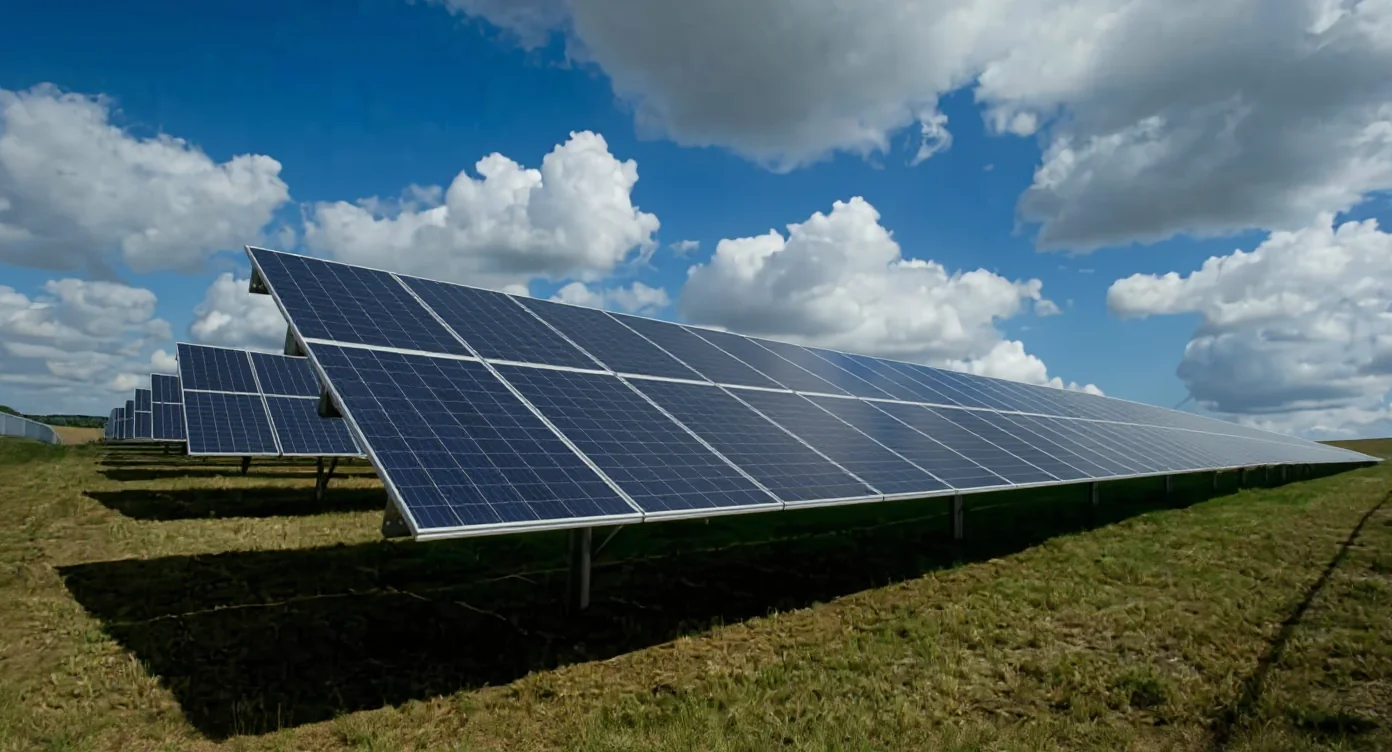Greenvolt Group Increases Sales of Renewable Assets: Intriguing Figures
In early June 2025, Greenvolt Group announced the sale of a portfolio of 231 MW of wind and solar projects in Spain to Transiziona, owned by White Summit Capital, for an amount that could reach 195 million euros. This sale includes not only projects in the pre-commercial operation phase (145 MW) but also an 86 MW platform under development. These figures add to the 333 million euros generated by the sale of projects in Poland in the spring, bringing Greenvolt Group’s total disposals to nearly 530 million euros in 2025.
The group’s “asset rotation” model involves developing renewable projects up to an advanced stage—either ready to build, or on the verge of commercial operation—before selling them to financial or industrial players. With an impressive pipeline of 13.2 GW in 18 countries, including 5.3 GW aimed to reach the “Ready-to-Build” stage this year, Greenvolt Group is consolidating its place in the global race for green energy. But does this industrial momentum, driven by investment funds like KKR and White Summit Capital, represent a structural advance or a simple financial arbitrage game?
The Financial Backstage of Greenvolt Group: Renewable or Green Speculation?
Behind the image of an accelerated energy transition, the analysis of the financial setup reveals a massive involvement of international investment funds. KKR, a behemoth of private equity, drives Greenvolt Group’s strategy by betting on the quick profitability of renewable projects “packaged” for resale. White Summit Capital, on the other hand, manages infrastructure assets on a European scale, seeking stable returns on “green” funds.
The risk? That financial optimization takes precedence over environmental sustainability. Once sold, the operating sites can escape the initial vigilance on biodiversity, soil management, or post-industrial rehabilitation. Moreover, the supply chain (rare earths, strategic metals for turbines and photovoltaic panels) remains dependent on mining sectors, sometimes lacking transparency. The renewable industry, while shifting pollution from coal or gas, is not exempt from “environmental liabilities” left to future generations, particularly through upstream mining.
Strategy or Headlong Rush? The Grey Areas of Asset Rotation
Through the prism of Greenvolt Group, a generalized trend is observed: develop, value, sell, then start again. This headlong rush raises the question of the real impact on the climate. European political dogmas, which advocate the acceleration of renewables, struggle to guarantee environmental traceability and intergenerational equity.
Greenvolt Group and the Future of Renewables: Towards Real Environmental Responsibility?
To avoid a simple “export” of mining pollution or unanchored green speculation, Greenvolt Group and its partners will need to strengthen transparency across the entire value chain. This implies rigorous monitoring of sites after sale, independent audits on the origin of materials, and the implementation of mandatory rehabilitation plans. The pressure from investors, but also from citizens and NGOs, will be decisive in transforming this promising industry into a model of real sustainability and not a speculative mirage.
In short, the green revolution led by players like Greenvolt Group can only keep its promises at the cost of constant vigilance on the upstream (raw materials) as well as the downstream (use and end of life of infrastructures). Only a systemic approach will prevent the energy transition from passing the ecological bill on to future generations.
Sources
https://www.renewableenergymagazine.com/panorama/greenvolt-group-sells-wind-a…
https://greenvolt.com/
https://www.green-forum.eu/business/20250604/greenvolt-sells-231mw-portfolio-…
https://www.renewableenergymagazine.com/panorama/greenvolt-group-sells-wind-a…
https://greenvolt.com/
https://www.green-forum.eu/business/20250604/greenvolt-sells-231mw-portfolio-…



